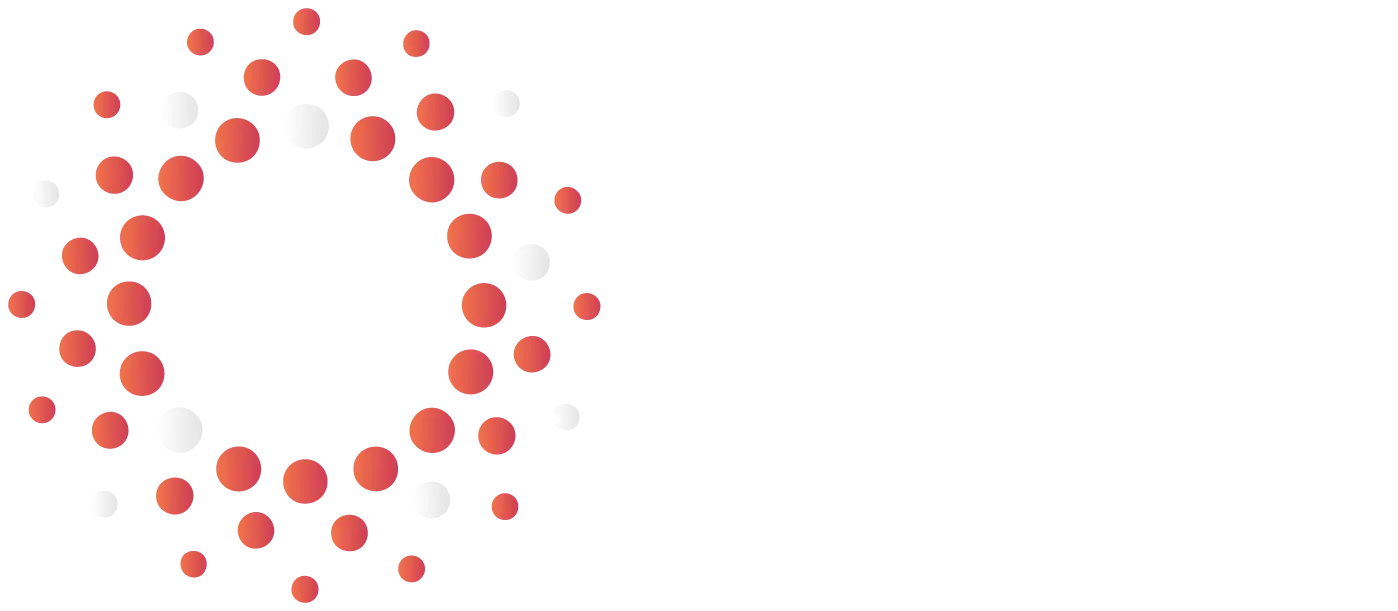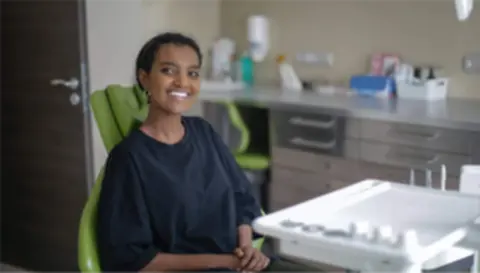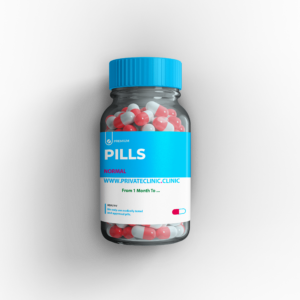What’s the menstrual cycle?
Your menstrual cycle helps your body prepare for pregnancy every month. It also makes you have a period if you’re not pregnant. Your menstrual cycle and period are controlled by hormones like estrogen and progesterone. Here’s how it all goes down:
You have 2 ovaries, and each one holds a bunch of eggs. The eggs are super tiny — too small to see with the naked eye.
During your menstrual cycle, hormones make the eggs in your ovaries mature — when an egg is mature, that means it’s ready to be fertilized by a sperm cell. These hormones also make the lining of your uterus thick and spongy. So if your egg does get fertilized, it has a nice cushy place to land and start a pregnancy. This lining is made of tissue and blood, like almost everything else inside our bodies. It has lots of nutrients to help a pregnancy grow.
About halfway through your menstrual cycle, your hormones tell one of your ovaries to release a mature egg — this is called ovulation. Most people don’t feel it when they ovulate, but some ovulation symptoms are bloating, spotting, or a little pain in your lower belly that you may only feel on one side.
Once the egg leaves your ovary, it travels through one of your fallopian tubes toward your uterus.
If pregnancy doesn’t happen, your body doesn’t need the thick lining in your uterus. Your lining breaks down, and the blood, nutrients, and tissue flow out of your body through your vagina. Voilà, it’s your period!
If you do get pregnant, your body needs the lining — that’s why your period stops during pregnancy. Your period comes back when you’re not pregnant anymore.
When in life do periods start and stop?
At some point during puberty, blood comes out of your vagina, and that’s your first period. Most people get their first period between ages 12 and 14, but some people get them earlier or later than that. There’s no way to know exactly when you’ll get it, but you may feel some PMS symptoms (link to PMS section) a few days before it happens.
If you don’t get your period by the time you’re 16, it’s a good idea to visit a doctor or nurse. Read more about getting your first period.
Most people stop getting their period when they’re between 45 and 55 years old — this is called menopause. Menopause can take a few years, and periods usually change gradually during this time. After menopause is totally complete, you can’t get pregnant anymore. Read more about menopause.
Your period may start and stop around the time it did for other people you’re related to, like your mom or sisters.
When can I get pregnant during my menstrual cycle?
You have the highest chance of getting pregnant on the days leading up to ovulation (when your ovary releases a mature egg) — these are called fertile days.
Ovulation usually happens about 14 days before your period starts — but everyone’s body is different. You may ovulate earlier or later, depending on the length of your menstrual cycle.
Your egg lives for about 1 day after it’s released from your ovary, and sperm can live in your uterus and fallopian tubes for about 6 days after sex. So you can usually get pregnant for around 6 days of every menstrual cycle: the 5 days before you ovulate, and the day you ovulate. You can also get pregnant a day or so after ovulation, but it’s less likely.
Many people track their menstrual cycles and other fertility signs to help them figure out when they’re ovulating. This is called fertility awareness — some people use it to prevent pregnancy, and others use it to try to get pregnant. Check out our app, which makes it easy to chart your cycle and figure out your fertile days.
Some people have very regular cycles, and other people’s cycles vary from month to month. It’s really common for young people to have irregular periods. Since your period can be unpredictable, it’s hard to know for sure when you’ll ovulate (even if you’re carefully tracking your menstrual cycle). So if you don’t want to get pregnant, use birth control every time you have vaginal sex.
Do transgender guys get a period?
Not everybody who gets a period identifies as a girl or woman. Transgender men and genderqueer people who have uteruses, vaginas, fallopian tubes, and ovaries also get their periods.
Having a period can be a stressful experience for some trans folks because it’s a reminder that their bodies don’t match their true gender identity — this discomfort and anxiety is sometimes called gender dysphoria. Other trans people might not be too bothered by their periods. Either reaction is normal and okay.
Sometimes trans people who haven’t reached puberty yet take hormones (called puberty blockers) to prevent all of the gendered body changes that happen during puberty, including periods. And people who already get periods can use certain types of birth control (like the implant or hormonal IUD) that help lighten or stop their periods. Hormone replacement therapy, like taking testosterone, may also stop your period.
If you start taking testosterone, your period will go away. But this is reversible — if you stop taking testosterone, your period will come back. There can be some changes in your menstrual cycle before it stops for good. Periods get lighter and shorter over time, or come when you don’t expect it. You may have spotting or cramping every once in a while until you stop getting your period, and sometimes even after it seems to have stopped — this is normal. Testosterone injections make your periods go away faster than testosterone cream.
If you experience gender dysphoria when you get your period, know that you’re not alone. It may be helpful to check out our resources and find a trans-friendly doctor in your area that you can talk to.
Menstruation
At Women’s abortion clinic we offers superior private early abortion solutions.
Specializing in early pregnancy, offer abortion counseling and review important abortion facts with you. Our office provides an environment that is safe and private, where our Doctors offer compassionate and expert care.
We believe that an abortion is a private matter, and just like any other medical condition, it is treated that way.
We specialize in non-surgical abortion, medical abortion, the abortion pill, aspiration abortion and natural abortions. Our private abortion doctors are trained with the most modern technology and safest abortion methods that most abortion centers do not offer. Consequently, we are recognized as a leader in abortion care with experience.





